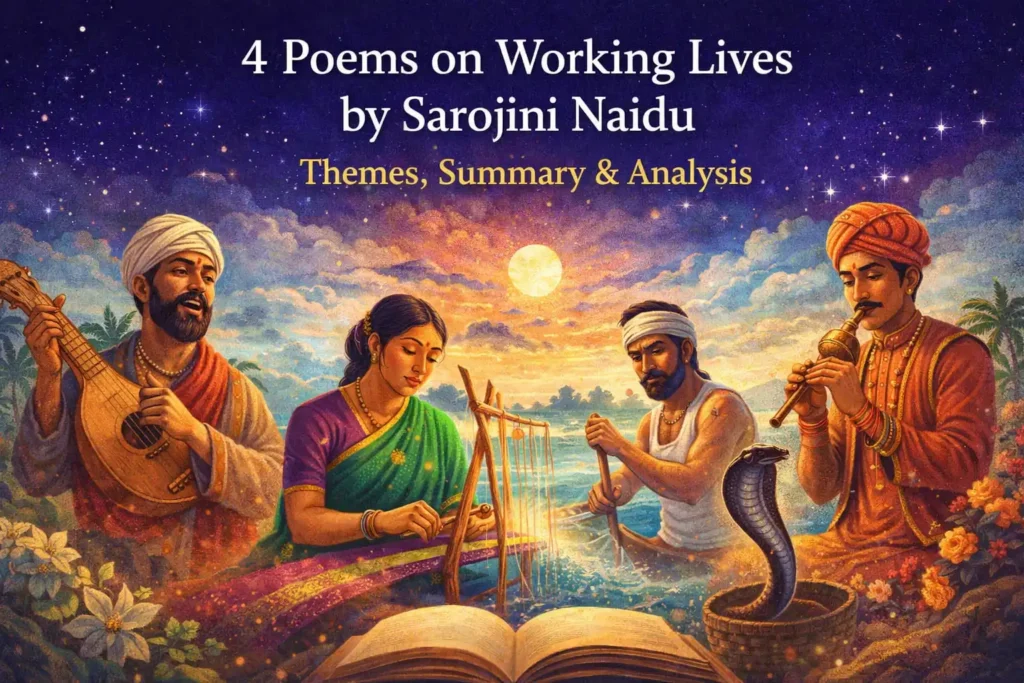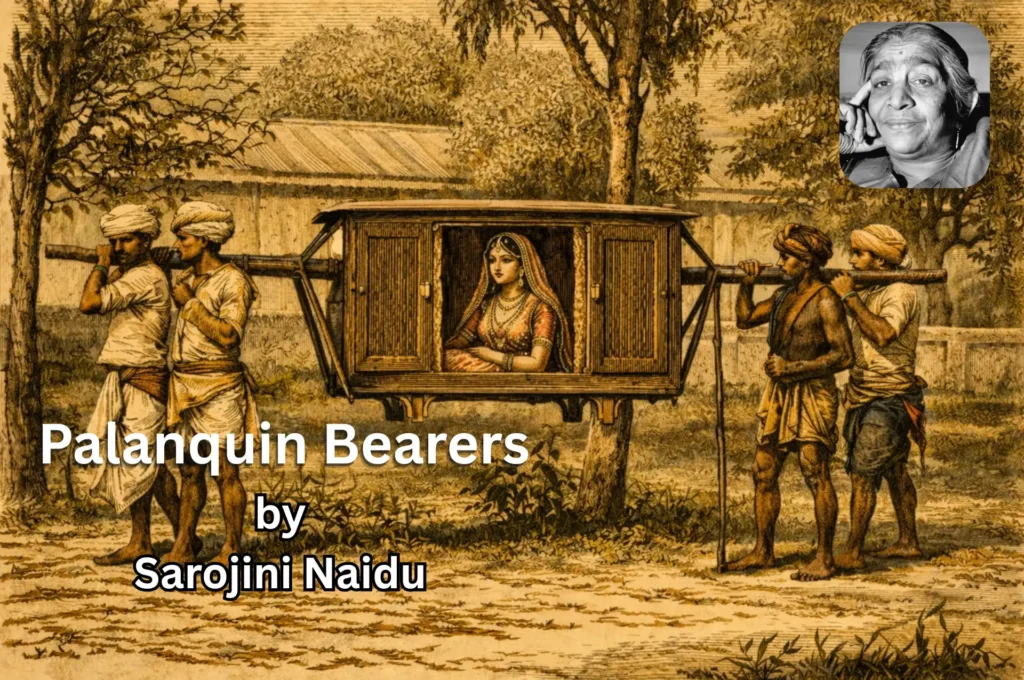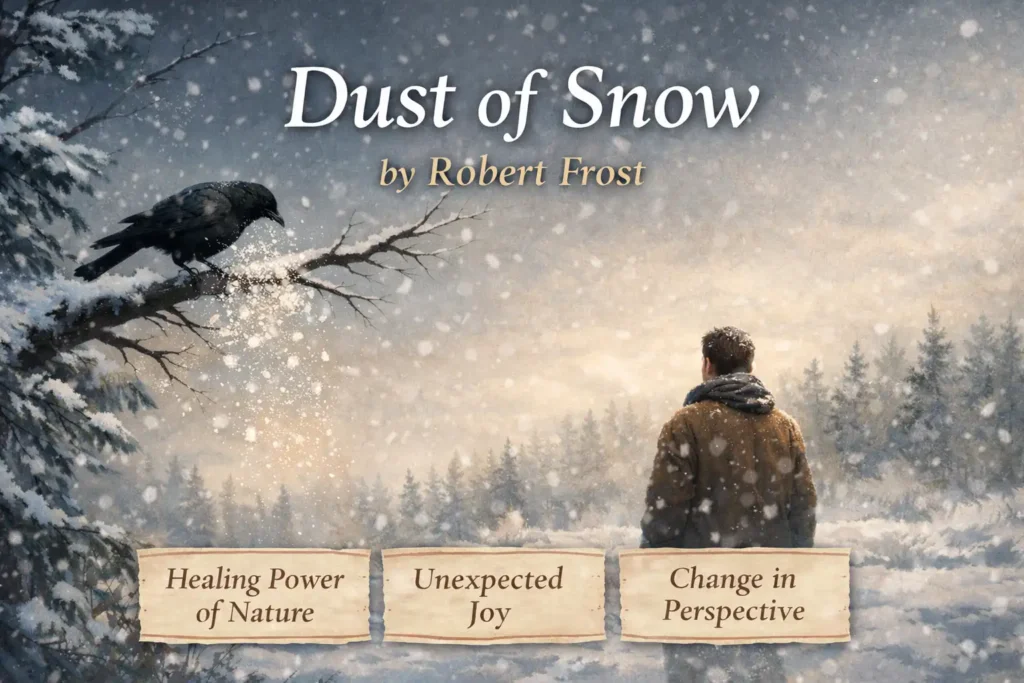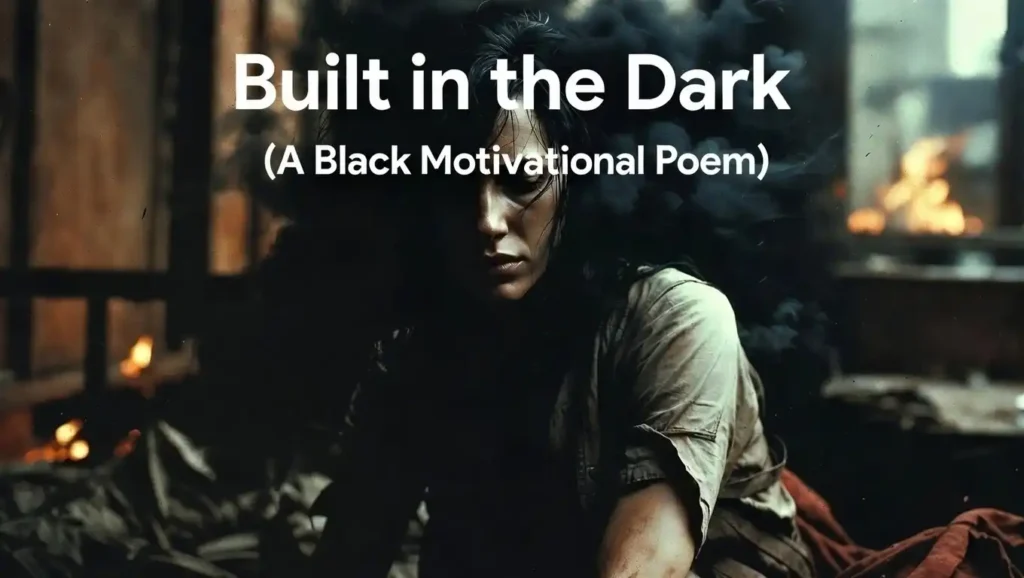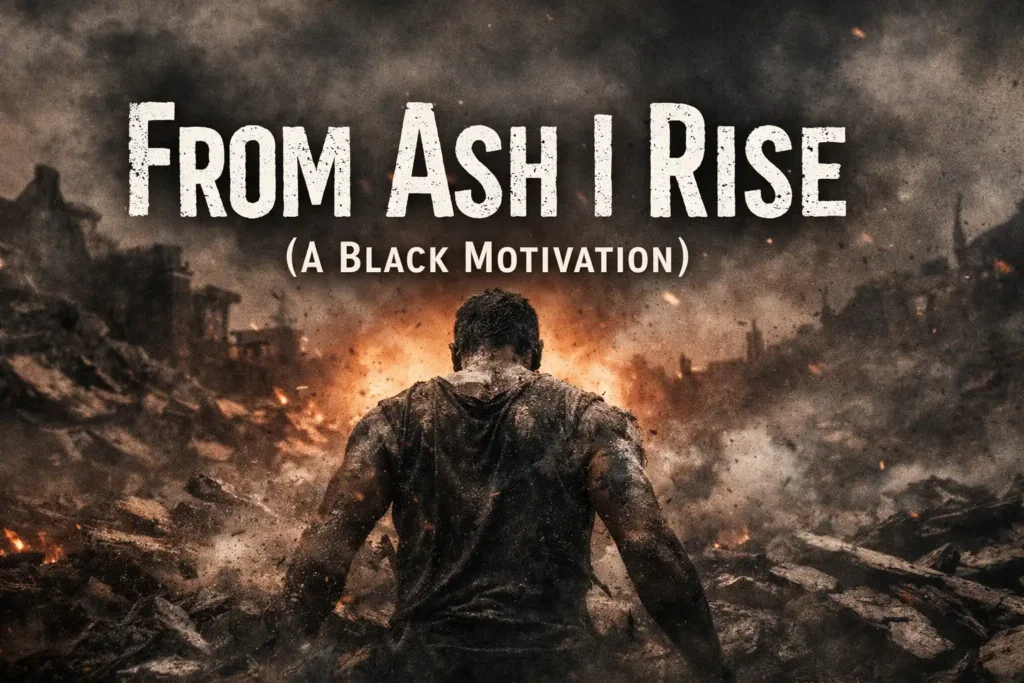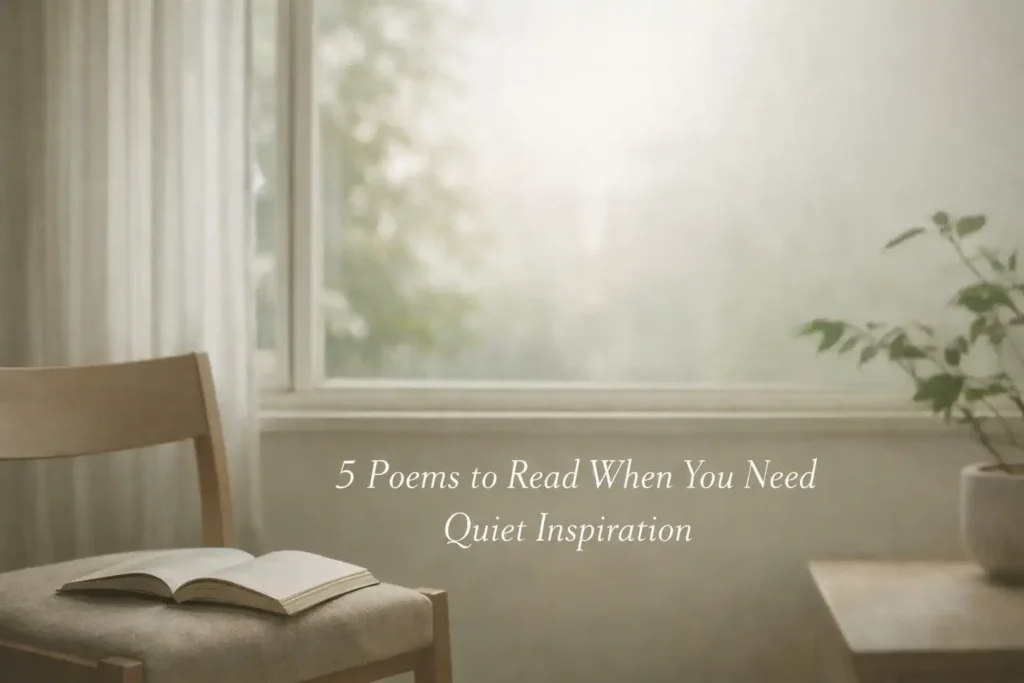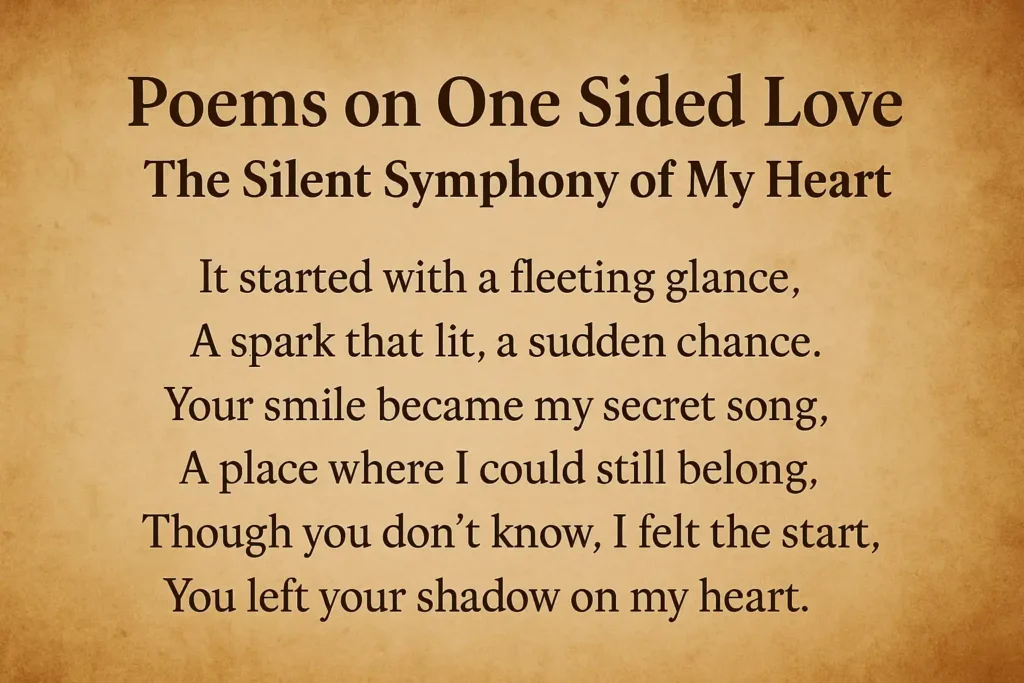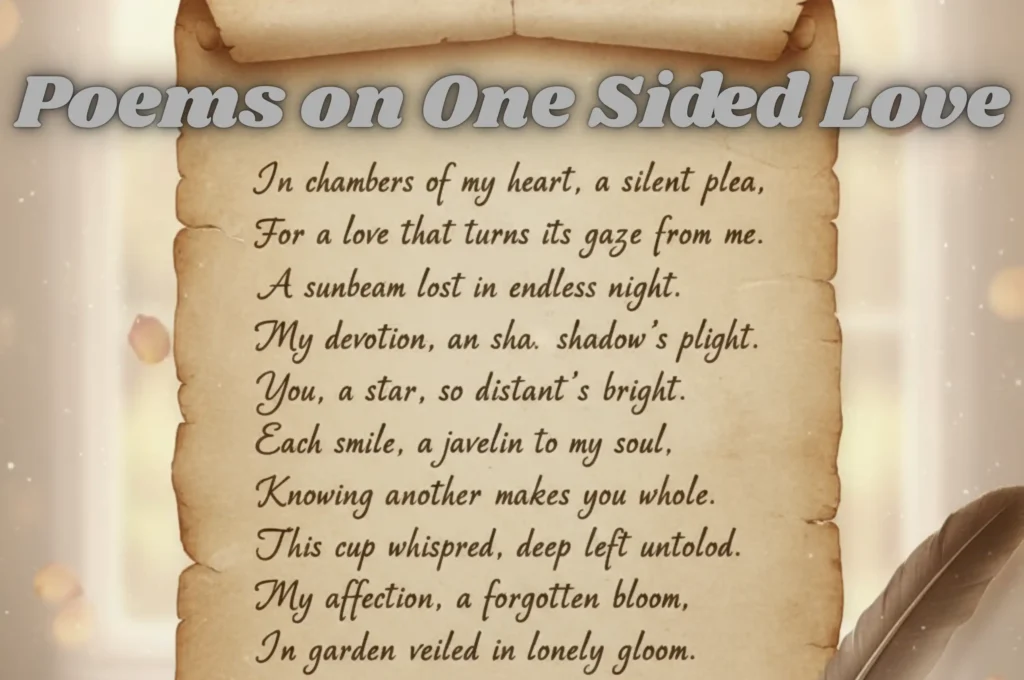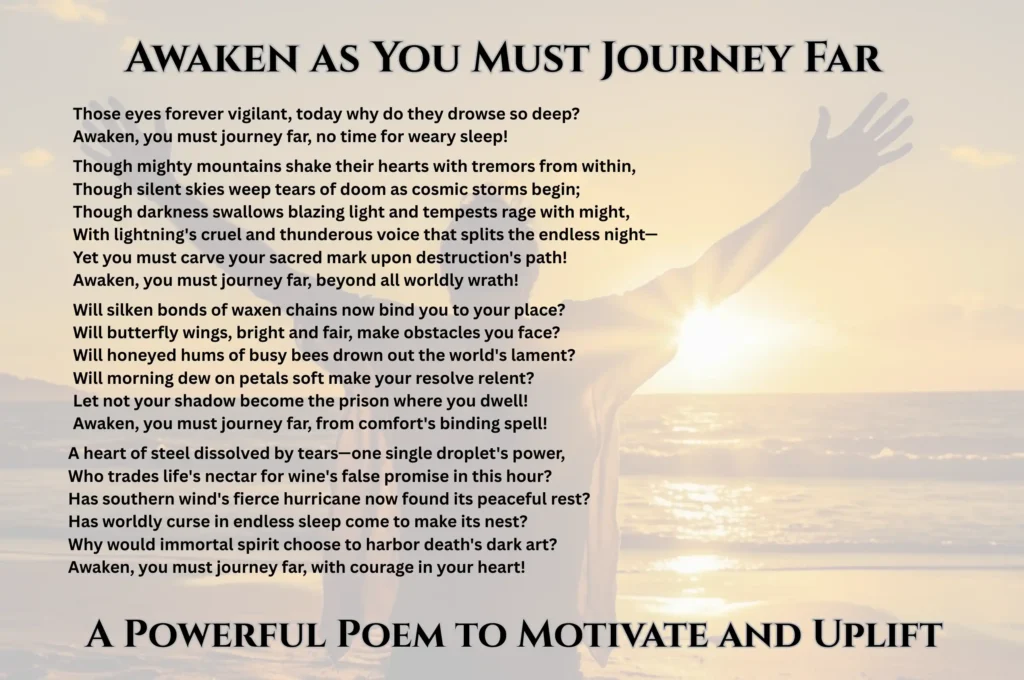Langston Hughes’ poem Theme for English B explores themes of identity, race, and the interconnectedness of people in America. Written in the form of a personal essay assigned by a white instructor, the poem reflects the inner thoughts of a young Black student as he navigates his place in a racially divided society. Through his introspection, Hughes highlights the complexities of individuality and shared human experiences.
I hope you have read the poem: I, Too, Sing America
Back to Poets and Poetry Page
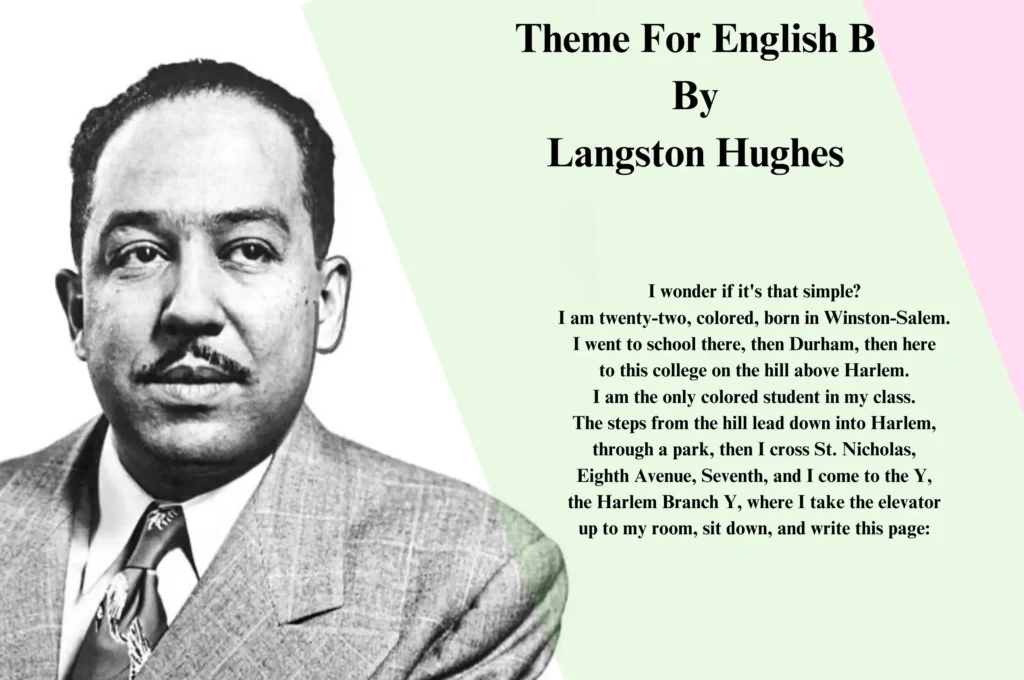
Table of Contents
Theme For English B Poem Lyrics
The instructor said,
~ Theme For English B by Langston Hughes
Go home and write
a page tonight.
And let that page come out of you–
Then, it will be true.
I wonder if it’s that simple?
I am twenty-two, colored, born in Winston-Salem.
I went to school there, then Durham, then here
to this college on the hill above Harlem.
I am the only colored student in my class.
The steps from the hill lead down into Harlem,
through a park, then I cross St. Nicholas,
Eighth Avenue, Seventh, and I come to the Y,
the Harlem Branch Y, where I take the elevator
up to my room, sit down, and write this page:
It’s not easy to know what is true for you or me
at twenty-two, my age. But I guess I’m what
I feel and see and hear, Harlem, I hear you:
hear you, hear me–we two–you, me, talk on this page.
(I hear New York, too.) Me–who?
Well, I like to eat, sleep, drink, and be in love.
I like to work, read, learn, and understand life.
I like a pipe for a Christmas present,
or records–Bessie, bop, or Bach.
I guess being colored doesn’t make me not like
the same things other folks like who are other races.
So will my page be colored that I write?
Being me, it will not be white.
But it will be
a part of you, instructor.
You are white–
yet a part of me, as I am a part of you.
That’s American.
Sometimes perhaps you don’t want to be a part of me.
Nor do I often want to be a part of you.
But we are, that’s true!
As I learn from you,
I guess you learn from me–
although you’re older–and white–
and somewhat more free.
This is my page for English B.
I hope you have read the poem: I, Too, Sing America
Back to Poets and Poetry Page
Theme for English B Title Meaning
Theme for English B Analysis
“The instructor said,”
- The poem begins with the speaker quoting an assignment given by his instructor. This immediately sets up a classroom context, showing that the poem is a response to an academic exercise.
“Go home and write
~ Theme For English B by Langston Hughes
a page tonight.
And let that page come out of you—”
- The teacher instructs the students to write a page that is true to themselves. The simplicity of the task is emphasized, but the speaker will soon reveal that it is not so simple for him.
“Then, it will be true.”
~ Theme For English B by Langston Hughes
- The instructor assumes that writing about oneself automatically results in truth. However, the speaker questions whether truth is that simple.
“I wonder if it’s that simple?”
~ Theme For English B by Langston Hughes
- The speaker immediately doubts the instructor’s assumption. This question introduces the central theme of the poem—identity is complex, especially for a Black student in a predominantly white space.
“I am twenty-two, colored, born in Winston-Salem.
~ Theme For English B by Langston Hughes
I went to school there, then Durham, then here
to this college on the hill above Harlem.
I am the only colored student in my class.”
- The speaker introduces himself, providing details about his age, race, and education.
- The phrase “the only colored student in my class” highlights his isolation and the racial divide within the educational system.
“The steps from the hill lead down into Harlem,
~ Theme For English B by Langston Hughes
through a park, then I cross St. Nicholas,
Eighth Avenue, Seventh, and I come to the Y,
the Harlem Branch Y, where I take the elevator
up to my room, sit down, and write this page:”
- The speaker describes his walk home from his predominantly white college to Harlem, a historically Black neighborhood.
- The journey represents more than just physical movement—it symbolizes his transition from one world to another, emphasizing the divide between his school and his community.
“It’s not easy to know what is true for you or me
~ Theme For English B by Langston Hughes
at twenty-two, my age. But I guess I’m what
I feel and see and hear, Harlem, I hear you:”
- The speaker acknowledges the difficulty of defining truth, especially at a young age.
- He turns to his surroundings for answers, showing that his identity is shaped by his experiences in Harlem.
“hear you, hear me—we two—you, me, talk on this page.
~ Theme For English B by Langston Hughes
(I hear New York, too.) Me—who?”
- The speaker personifies Harlem as if it is speaking to him.
- The phrase “Me—who?” reflects self-questioning and the struggle to define one’s own identity.
“Well, I like to eat, sleep, drink, and be in love.
~ Theme For English B by Langston Hughes
I like to work, read, learn, and understand life.
I like a pipe for a Christmas present,
or records—Bessie, bop, or Bach.”
- Here, the speaker asserts his individuality.
- The mention of Bessie (Bessie Smith, a blues singer), bop (bebop jazz), and Bach (a classical composer) shows his appreciation for different kinds of music, breaking stereotypes about what Black people should or shouldn’t like.
“I guess being colored doesn’t make me not like
~ Theme For English B by Langston Hughes
the same things other folks like who are other races.
So will my page be colored that I write?”
- The speaker challenges the idea that race dictates personal interests.
- The question about his page being “colored” has a double meaning—it refers to both his racial identity and the nature of his writing.
“Being me, it will not be white.
~ Theme For English B by Langston Hughes
But it will be
a part of you, instructor.”
- The speaker acknowledges that his experience as a Black man is different from that of his white instructor.
- However, he emphasizes that his writing, and by extension his identity, is still connected to the instructor.
“You are white—
~ Theme For English B by Langston Hughes
yet a part of me, as I am a part of you.
That’s American.
Sometimes perhaps you don’t want to be a part of me.”
- The speaker asserts that race cannot separate Americans completely; their experiences and identities are intertwined.
- He recognizes that some white people, including his instructor, may not want to acknowledge this connection.
“Nor do I often want to be a part of you.
~ Theme For English B by Langston Hughes
But we are, that’s true!”
- This line acknowledges mutual resistance—just as white people might not want to be connected to Black people, the speaker also struggles with this shared identity.
- However, he affirms that despite these feelings, the connection exists.
“As I learn from you,
~ Theme For English B by Langston Hughes
I guess you learn from me—
although you’re older—and white—”
- The speaker challenges the idea that learning is one-sided.
- Despite the power imbalance (the instructor is older, white, and presumably more privileged), the speaker asserts that knowledge and influence go both ways.
“and somewhat more free.”
- This phrase subtly critiques racial inequality, acknowledging that his instructor has more freedom than he does.
- It highlights the racial disparities in America, even in a setting meant for education.
“This is my page for English B.”
- The poem ends by fulfilling the assignment, but with a deeper meaning.
- The page is not just a simple exercise—it is a reflection of the speaker’s identity, experiences, and racial realities.
Theme for English B Summary
The poem begins with an assignment: the instructor asks the speaker to write a truthful page about himself. The speaker, a 22-year-old Black student in a predominantly white college, reflects on his journey from his hometown in Winston-Salem to Harlem. As he walks home, he contemplates his identity, noting that while he is different because of his race, he shares many similarities with others, including his instructor.
He enjoys the same basic pleasures—eating, drinking, working, learning, and music—ranging from jazz (Bessie, bop) to classical (Bach). He questions whether his page will be “colored” simply because he is Black. However, he acknowledges an undeniable connection between himself and his white instructor. Despite their differences, they influence each other, learning from one another because they are both part of America.
Theme for English B Main Idea
The poem underscores the idea that racial differences exist but do not define the entirety of a person. Hughes conveys that American identity is shared, shaped by diverse experiences, and that understanding and learning should be mutual between Black and white individuals. The speaker’s reflection challenges stereotypes and calls for a recognition of common humanity, even in a society where freedom and equality are not yet fully realized.
Explore our Literature YouTube Channels:
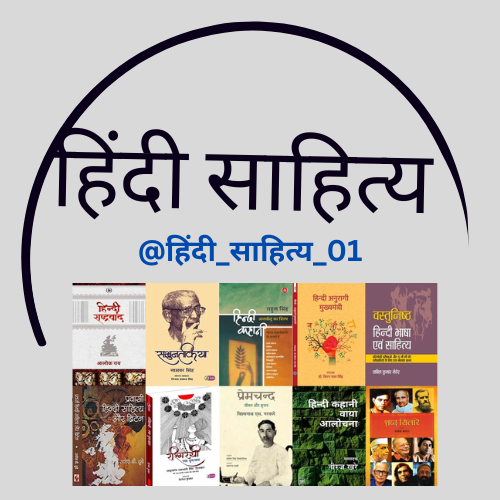
YouTube Channel Link:

YouTube Channel Link:

YouTube Channel Link:
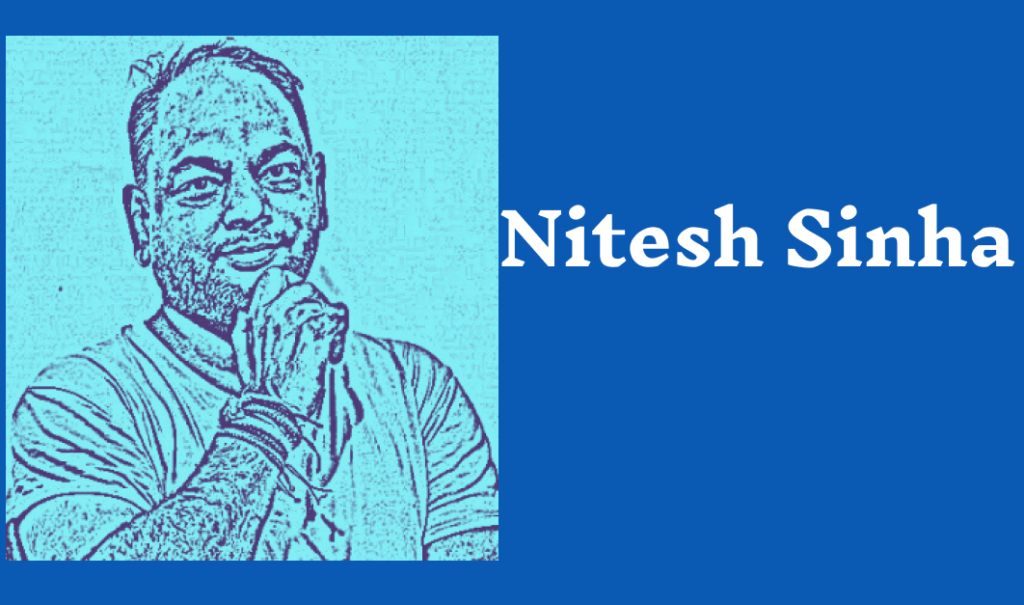
YouTube Channel Link


